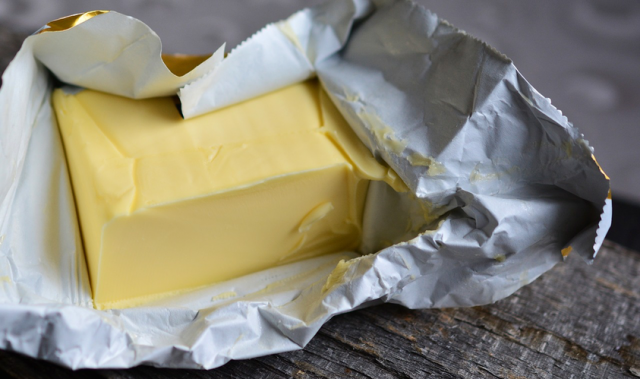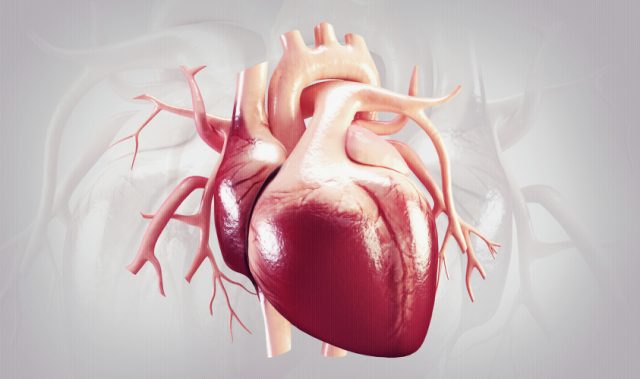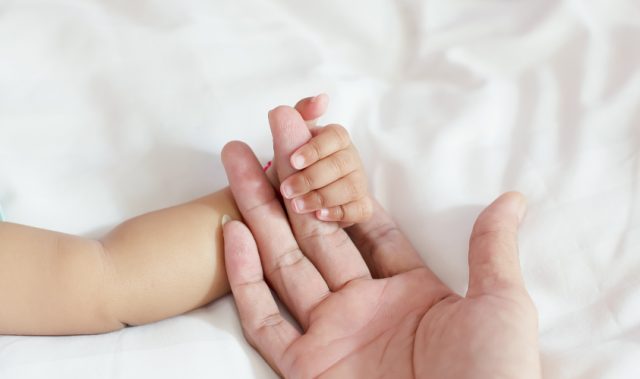
AsianScientist (Apr. 28, 2016) – Researchers in Australia have found that men who consume diets high in fat are more likely to feel sleepy during the day, to report sleep problems at night, and are also more likely to suffer from sleep apnea.
These are the findings from the Men Androgen Inflammation Lifestyle Environment and Stress study, which looks at the association between fatty diets and sleep. It was conducted by the University of Adelaide’s Population Research and Outcome Studies unit in the School of Medicine and the Freemasons Foundation Center for Men’s Health.
The results—based on data of more than 1,800 Australian men aged 35-80, including their dietary habits over a 12-month period—have been published in Nutrients.
“After adjusting for other demographic and lifestyle factors and chronic diseases, we found that those who consumed the highest fat intake were more likely to experience excessive daytime sleepiness,” said study author, PhD student Ms. Cao Yingting.
“This has significant implications for alertness and concentration, which would be of particular concern to workers,” Cao said. “High fat intake was also strongly associated with sleep apnea.”
In total, among those with available dietary and sleep data, 41 percent of the men surveyed had reported experiencing daytime sleepiness, while 47 percent of them had poor sleep quality at night.
About 54 percent had mild-to-moderate sleep apnea, and 25 percent had moderate-to-severe sleep apnea, which was assessed by a sleep study among those who did not have a previous diagnosis of sleep apnea.
“Poor sleep and feeling sleepy during the day means you have less energy, but this in turn is known to increase people’s cravings for high-fat, high-carbohydrate foods, which is then associated with poor sleep outcomes. So the poor diet-and-sleep pattern can become a vicious cycle,” Cao said.
“The simple message is a common-sense one, but we need more people to pay attention to it: we need to eat better; a good sleep the night before is best.”
Cao added that the quality of sleep is often not taken into consideration in studies investigating the effects of varying diets on weight loss.
“We hope our work could help to inform future intervention studies, enabling people to achieve healthy weight loss while also improving their quality of sleep,” she said.
The article can be found at: Cao et al. (2016) Associations between Macronutrient Intake and Obstructive Sleep Apnoea as Well as Self-Reported Sleep Symptoms: Results from a Cohort of Community Dwelling Australian Men.
———
Source: University of Adelaide; Photo: Shutterstock.
Disclaimer: This article does not necessarily reflect the views of AsianScientist or its staff.












